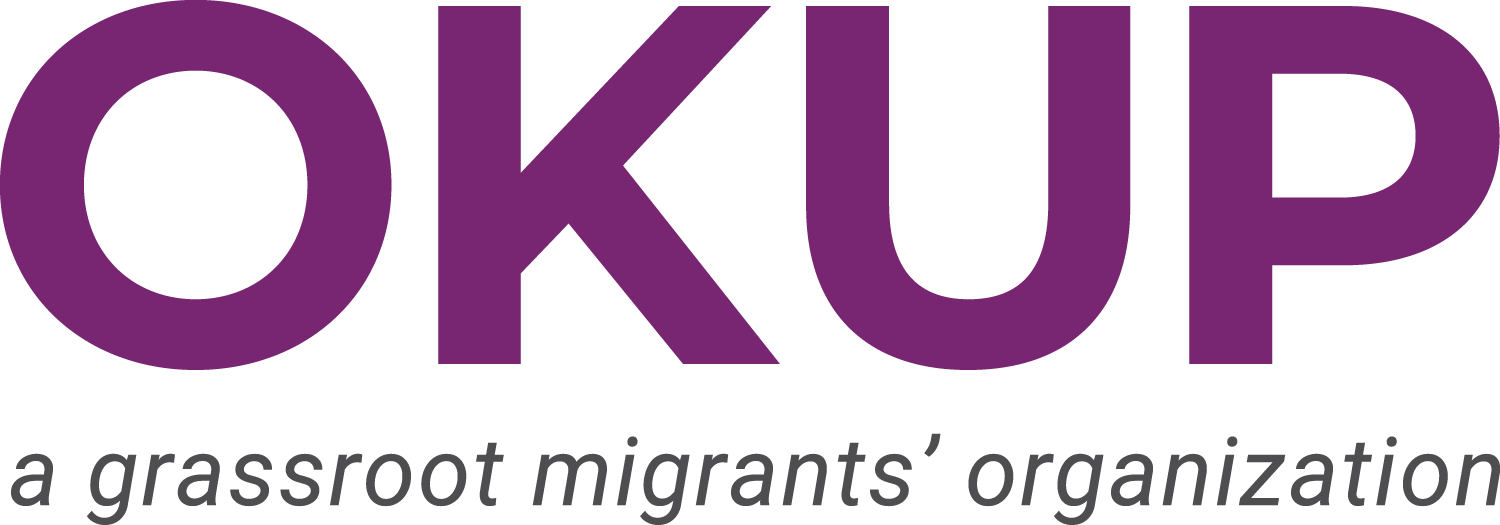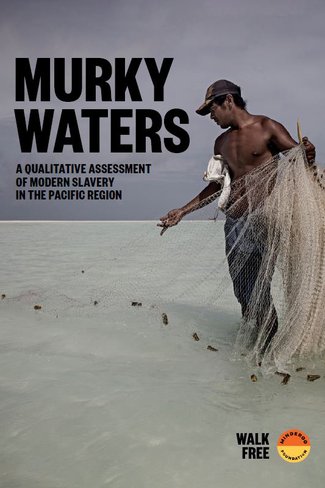Murky Waters. A Qualitative Assessment of Modern Slavery in the Pacific Region
2020
- Author
- Walk Free
- World region
- East Asia and Pacific
- Origin of migration
- Pacific Island Countries
- Area of transit
- No data available
- Destination of migration
- Pacific Island Countries, Australia, New Zealand
- Who is affected
- No data available
- Type of climatic event
-
Slow-onset event
Rising sea levels, coastal erosion and salination of arable land.
- Type of migration/mobility
-
Cross-border, Internal
Workers from Pacific Island Countries use seasonal labour migration as a way to adapt to climate change.
- Destination industry or sector
-
No data available
- Type of modern slavery
-
Debt bondage, Forced labour, Forced marriage, Human trafficking
People can be trafficked for a range of incentives, including forced sexual exploitation, forced labour, forced marriage and organ removal.
- Link between climate change, migration and modern slavery
- Direct
- Key vulnerability factors
-
Vulnerability to modern slavery is increased by debt (also accrued during the recruitment process), low levels of education, poor understanding of contracts, insufficient income (including due to reduced access to natural resources), weak regulation of recruitment agents and inadequate monitoring of labour and living conditions at destination. For women and children who stay back, marriage breakdown can increase poverty and vulnerability to modern slavery. Because documented migration can be expensive, those who resort to migration as a survival strategy can be particularly vulnerable to modern slavery. In the context of climate change, marginalisation, gender, age, disability and belonging to an indigenous group also increase peoples' vulnerability to modern slavery.
- Summary
-
Focusing on Pacific Island Countries, the report finds that climate-induced displacement increases vulnerability to modern slavery. Host communities at destination become more vulnerable when there is competition over limited resources, which can spark conflict. Vulnerability to modern slavery also has a gendered dimension.
- Recommendations
-
Ten recommendations are made to reduce modern slavery. They are aimed at Pacific Island Countries' governments as well as development actors, civil society, and faith, businesses and community leaders. One recommendation advocates strengthening climate change resilience and reducing the need to migrate, while addressing the root causes of climate change and establishing safe, orderly and dignified migration pathways for those who move in the context of climate change.



